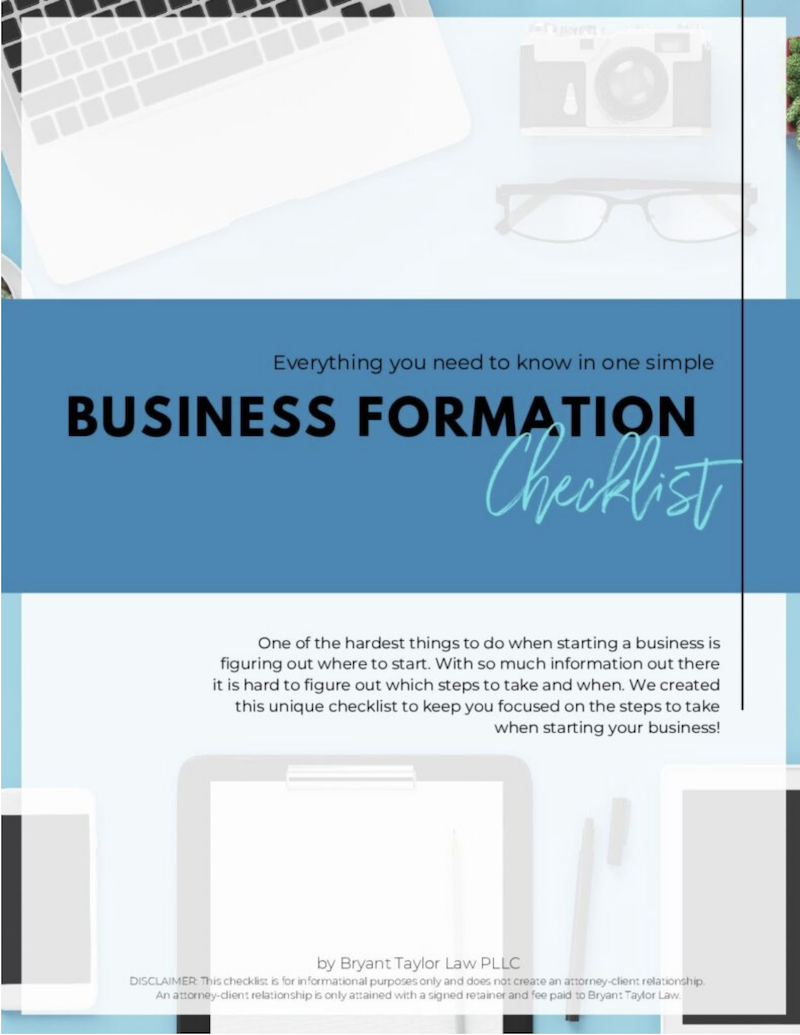
In our two previous blog posts, we discussed the basics of holding companies and the merits of using them to hold title to real estate properties. We explained, in the most recent blog, that the optimal structure to use in this context is the limited liability company (LLC)—mostly due to the protection your personal finances get.
Many real estate and legal professionals advise real estate investors to form an LLC for every single property you plan to own. The logic here is that a judgment against one property only affects the assets of that one property instead of impacting other properties owned by the same LLC. As we’ll explain in this blog, though, the situation isn’t always this straightforward.
Multiple LLCs = Multiple Fees
While LLCs are less expensive to form and maintain than C corporations, each LLC will cost members (owners) at least $125 to form and $138.75 each subsequent year. When you have more than a handful of properties and aim to form an LLC for each property, these expenses easily add up to thousands of dollars per year.
In addition to fees, you’ll have to submit annual reports to the Florida Department of State each year before May 1. Handling these reports for multiple LLCs can become quite cumbersome. With one LLC owning all properties, you’ll at least save time and money.
In the Eyes of Florida Courts
One thing real estate professionals often either don’t know or don’t communicate to potential investors is the way courts view LLCs formed for the sole purpose of asset protection. Unfortunately, the state’s judicial system doesn’t look fondly upon those who form an LLC for each property he or she owns. So, while it’s possible your other properties would be insulated if someone brings a suit against a particular property, it’s not a sure thing in Florida.
Instead, Purchase Insurance Policies For Each Property
Our position at Bryant Taylor Law is that you still need to provide asset protection measures for each property your LLC owns. We strongly recommend that you purchase an umbrella liability insurance policy for your LLC. Then, you can address the risks for each property and purchase policies where applicable. For instance, properties in flood zones are required to have flood insurance, while properties not in designated flood zones may carry those policies if the LLC members decide a covered loss is possible.
We do, however, recommend forming LLCs to separate ownership of commercial properties and residential properties. Bryant Taylor Law would be honored to further advise you on best practices so your business (or businesses) are set up the right way. Our team is made up of entrepreneurs with a similar background and mindset to Floridians looking to achieve commercial success. Reach out to our firm today to set up a business strategy session for you and your business partners.
ventus
Latest posts by ventus (see all)
- The Role of a Business Attorney in Estate Planning - October 13, 2022




